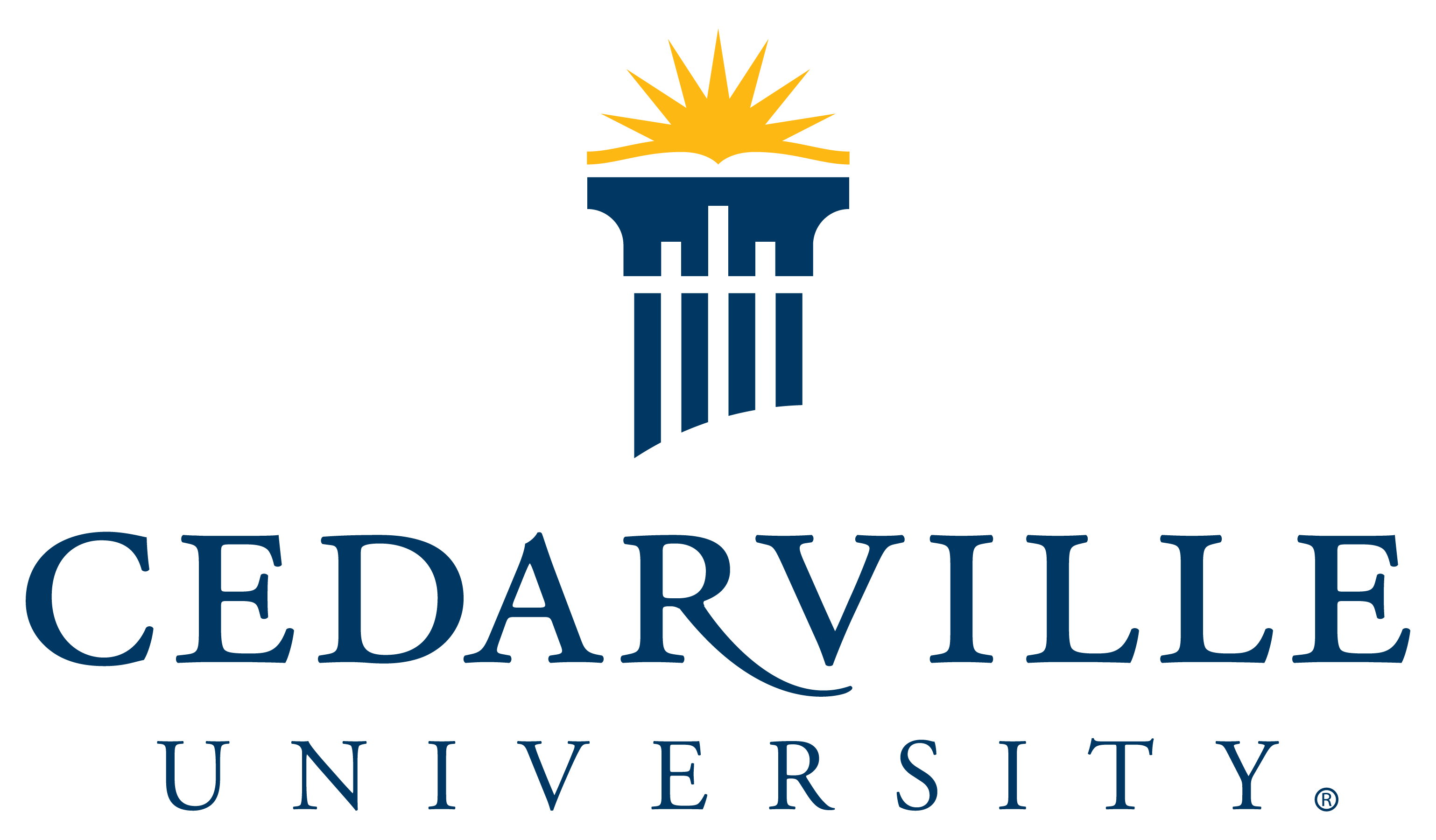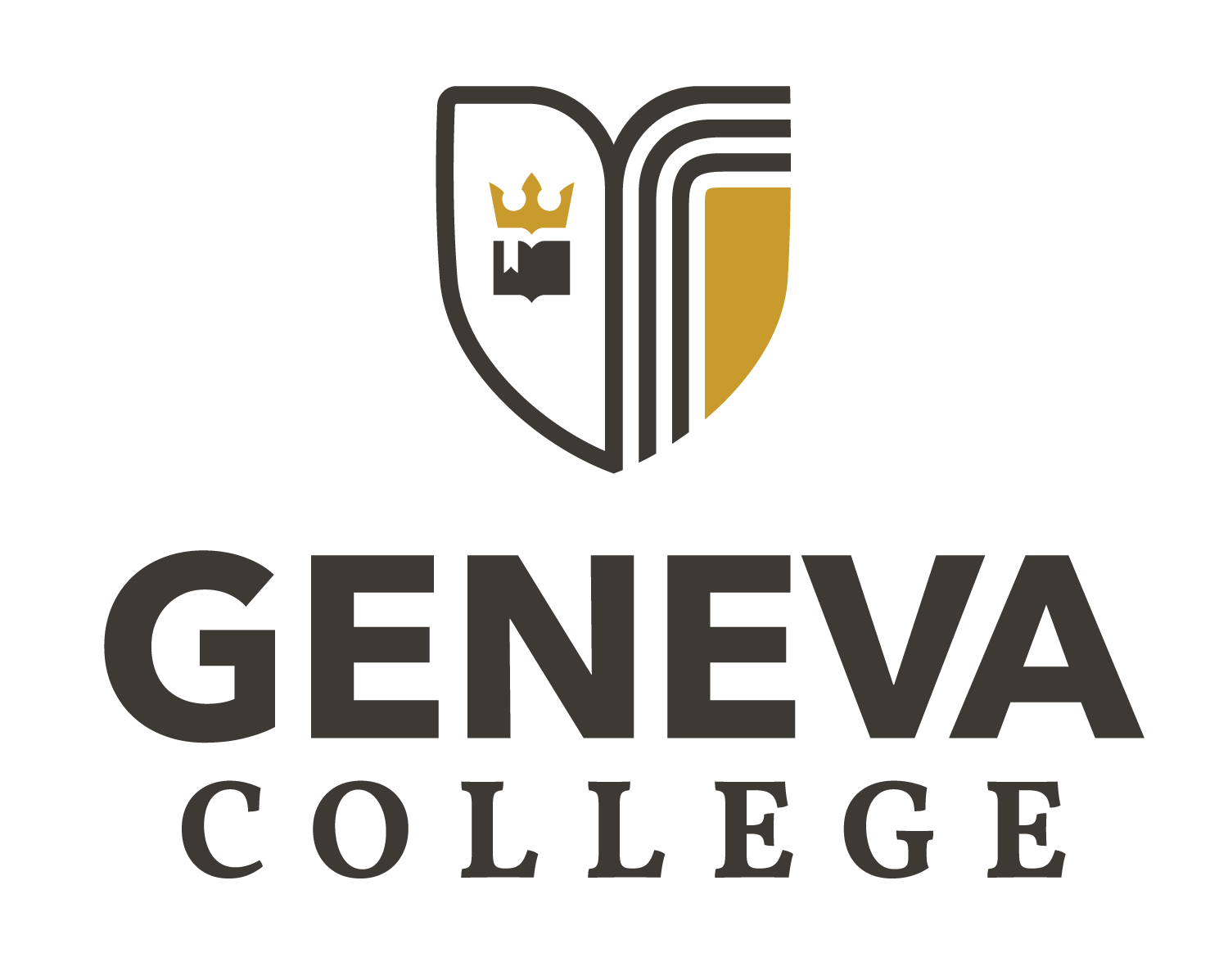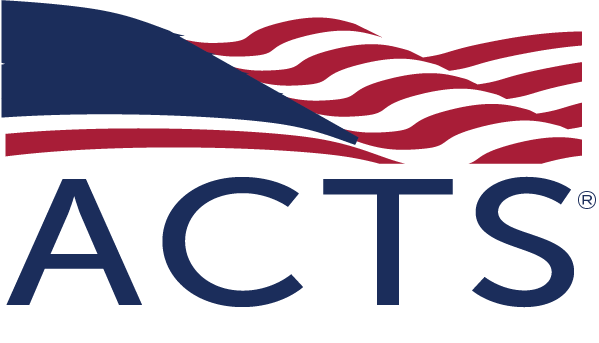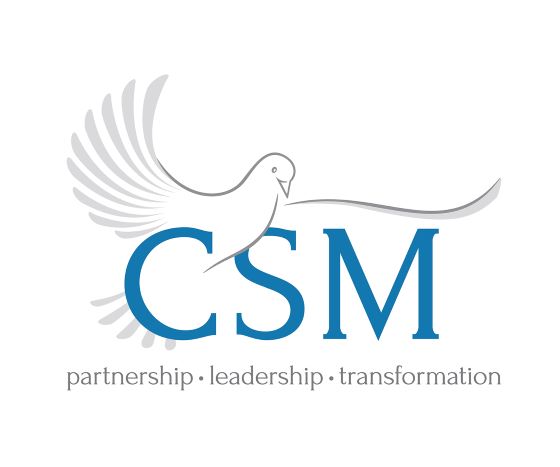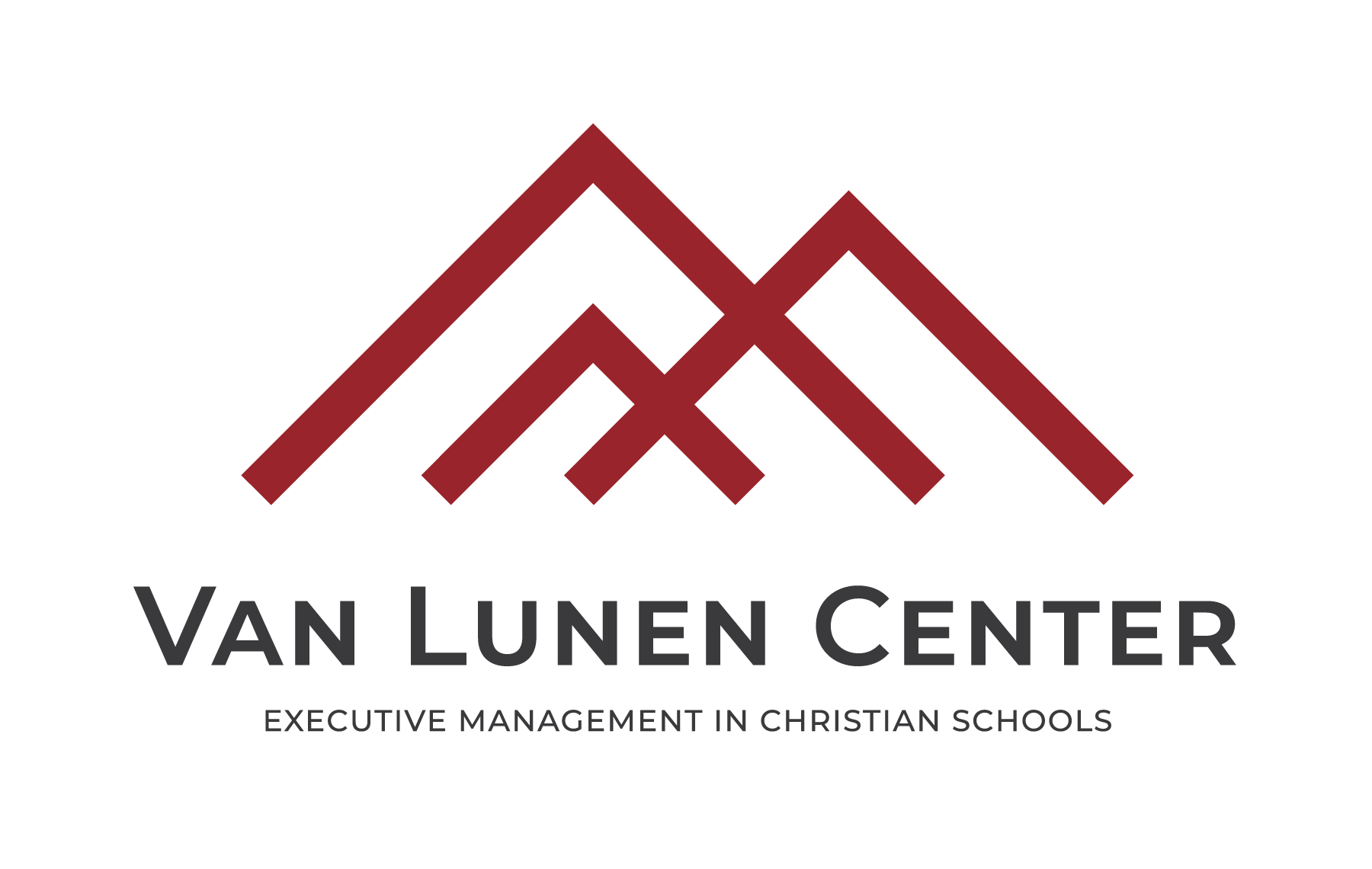Maybe you are asking yourself a cogent question, “with all of the things we have discovered about distance learning during a pandemic, why would I go to the trouble of traveling to San Diego next year for Converge 2022?” Good question—and your question leads to some issues that we are all grappling with as human beings, and Christians.
Our world is crippling with the weight of a global pandemic. As I write this blog, my Santa Fe Christian students and teachers are still in masks, and vaccinations are just now rolling out in California. For the rest of our lives, we will be referencing the impact of this pandemic. For now, we have major issues that are burdening the hearts of parents. Students are perplexed and heavy-hearted. Problems abound. But friends, strange as things are, I am reminded that things are not near as bad as the Apostle Paul had it. He endured at least three shipwrecks. He summarized his travails well in 2 Corinthians 4 as “we are hard pressed on every side, but not crushed; perplexed, but not in despair; persecuted, but not abandoned; struck down, but not destroyed.” Whew! He had it tough. So, to put it in perspective, what we have is a very exhausting and tough time that has resulted in some real problems pertinent to our calling as educators.
The Nature of the Challenge
Our first problem during the pandemic is that we are living in “liminal space.” Liminal space is the internal feeling of unsettledness and a yearning for things to get back to normal. The Israelites were in liminal space in the wilderness. Our nations are yearning for life without a pandemic. But, when? When, O LORD, will we all be post-pandemic? That uneasy feeling is liminal space. While ministering as Christian educators we have hope, but ’tis easy to not flourish. Zooming, masking, and distancing cause school communities to feel unfettered from normal and healthy human experiences. We are not whole, and this feeling is creating some deep issues with our students.
Second, the core of Christian education is not transactional. At the core of our mission, we are a relational and interactive model of mentorship. Yes, we teach subjects toward mastery and high standards. But, that relational education is damaged without the face-to-face and ongoing life with one another. In fact, all of you educators know that much is learned in the classroom, but so much of the learning takes place in the courtyard, at the picnic table, on the field, and just in the hallways. So much of what all of you do so well is walking alongside the students in a human way very similar to the Paraclete, the Holy Spirit. He is the One who “walks alongside us,” just as if it were two friends walking and occasionally touching elbows and not looking up. Both of you just keep walking. We are missing this relational touch with students in our Zoom and hybrid-schedule world.
Third, learning without a sense of place or space diminishes the experience. Philosophers have called this idea genius loci which means “sense of place” or “atmosphere of a location.” With so much digital life, we are losing a sense of physical space. There is something essential about place and location.
Think about your home. The living room and dinner table. Look around. What do you see in those spaces? Life. Affection. Inspiring art. Messy stacks of stuff. Informal moments. Relaxation. Mutually shared stories. So, just as your home emits an air of specialness, so too does learning in a place of significance.
Furthermore, as adults we understand this basic fact of setting the stage of specialness in a room as a way to evoke a mood of hospitality, love, and care. But, think about the forming children and teens under our care. Without a sense of place, space, and beauty, these younger ones are growing up with an alternative option that is becoming more and more of their reality. If we are not careful and deliberate, this generation will check out of physical places and locations and settle for a cheap imitation called virtual reality. They are being groomed with Zoom. Video games, excessive screen time, binge-watching, social media, and smartphones are all virally invading their daily life. And, in such a digital world, there is no air of specialness like your living room, back porch, or even your classroom. And, before you rebuke them as “younger ones” look at your own habits, appetites, and behaviors. We, adults, are all struggling with digital excess. The economist, Thorstein Veblen would have unflatteringly labeled our digital appetites as conspicuous consumption. Maybe, a renewed sense of physical space will help us reset our own lives better.
The Nature of the Solution
Again, we are not enduring shipwrecks like Paul, but we are in a crisis. So, our anecdote is the same activity that Paul reminds his friends to do. To not feel anxious, he wrote to his Philippi friends to spend time on the things that are true, honorable, right, pure, lovely, and good. So, to offset this liminal space crisis, we are to accentuate the things that are true, good, and beautiful and—I would add—accessible.
Accessible is a good word. Incarnational is another way to say it, as we read in John 1:14. Experiential and life-giving—that is what John 1:14 is about. You know, we as Christians have a unique and extra special way of doing things that was modeled to us by Jesus Christ. Just as Christ came to earth and lived a life amongst many people, we too, have the same opportunity. We live life on this earth that he made according to Colossians 1:15–16. And, we walk amongst people and live life with people. We do life with others! So, doing life with others, including gatherings of Christian educators are both unique and special.
A solution to these problems is to make sure that you educators are experiencing and learning things together and by doing it in an extra special place will be memorable! You will gain joy and hope from a San Diego conference which will spill over to your students and your school. Joy begets joy. So, to help you build that sense of joy, let me answer a question: what is so special about San Diego?
Blue skies, a cool breeze off the Pacific, and low humidity where the year-round weather is around 72 degrees Fahrenheit! Bring your sunglasses and sunscreen for the clear and sunny skies. And, don’t forget to pack a light jacket as the weather in coastal Southern California is classified as Mediterranean. Because of this climate, there are countless things to do. Attend the conference, take good notes, learn some things, and don’t forget to take in the genius loci of San Diego.
Besides the weather, people, and the fish tacos, what else might your team do while you’re in San Diego? As a thriving city, there are many things to experience! Here are a few ideas to get you started that you can search on the web: Torrey Pines hike with ocean views, Coronado Island with the Hotel del Coronado, La Jolla beaches and shores, glorious golf, Legoland, Point Loma Lighthouse, Seaport Village, Harbor Cruises, Carlsbad Flower Fields, U.S.S. Midway, Little Italy, Gaslamp District, San Juan Capistrano Mission, live music concerts, Old Town, glorious beach walks, snorkeling, and lots of shopping. And, if you are feeling adventurous, Disneyland is only a little over an hour north. Friends, when I moved to San Diego, someone once said, “reserve your weekends and a little fun money because you will be going on weekend excursions all the time.” He was so right. From Point Loma University to Pacific Beach, Mission Beach, to La Jolla, and up to Solana Beach and Del Mar, you and your team will find many things to do. Along the way, grab fish tacos, and keep in mind that many dishes will have fresh avocado!
Yes, it is true the Converge team will put together a great conference. They promised me. You and your team will learn a lot. That is true. But, I am telling you to embrace the value of experiencing a great city with your team. I am compelling you to come in a way that a doctor may prescribe a steroid shot to recover from an ailment. After all of this zooming and flat-screen surviving, you and your team need an excursion and to take advantage of the conference being in a beautiful location, San Diego. Arrive a day or two early and take in some full-day opportunities, and plan on attending most—not all—of the sessions. Seriously, skip a few sessions, and go experience some things in genius loci!
Yes, But . . .
Wait a minute! I can hear the calculators clicking away. This is not the year. You and your team learned a lot on video conferences—let’s keep doing that for the future. In fact, all of that travel is too expensive as we recover from a pandemic and global strain. Or, perhaps, this kind of trip is indulgent and thus, poor stewardship. I get it. I lead a school, and we are very careful at spending as we are good stewards. Although I understand each of the reasons that keep you from spending money, I believe that we must abundantly invest in our teams as it is important for them to be fed, too.
You know who else used to go on excursions with his team? Jesus. That is right. His incarnational face-to-face way was full of experiences. He and his team enjoyed many meals together, storytelling, boat rides, walkabouts, instructional time, shopping, and strolls on the shoreline. They served, they caused mischief with the Pharisees, they made demons shudder, and his team lamented, cried, and took on the burdens of others. And, along the way, Jesus and the team grilled fish over a campfire.
Let’s save the date—March 8–10, 2022—and plan on a conference without masks and without social distancing. Let’s gather together to learn and enjoy hugs, handshakes, and shared stories. It will be time. I really look forward to meeting you all in person.
Maybe, just maybe, you will infuse your campus with a more vibrant genius loci after Converge in beautiful San Diego.
See you soon!











